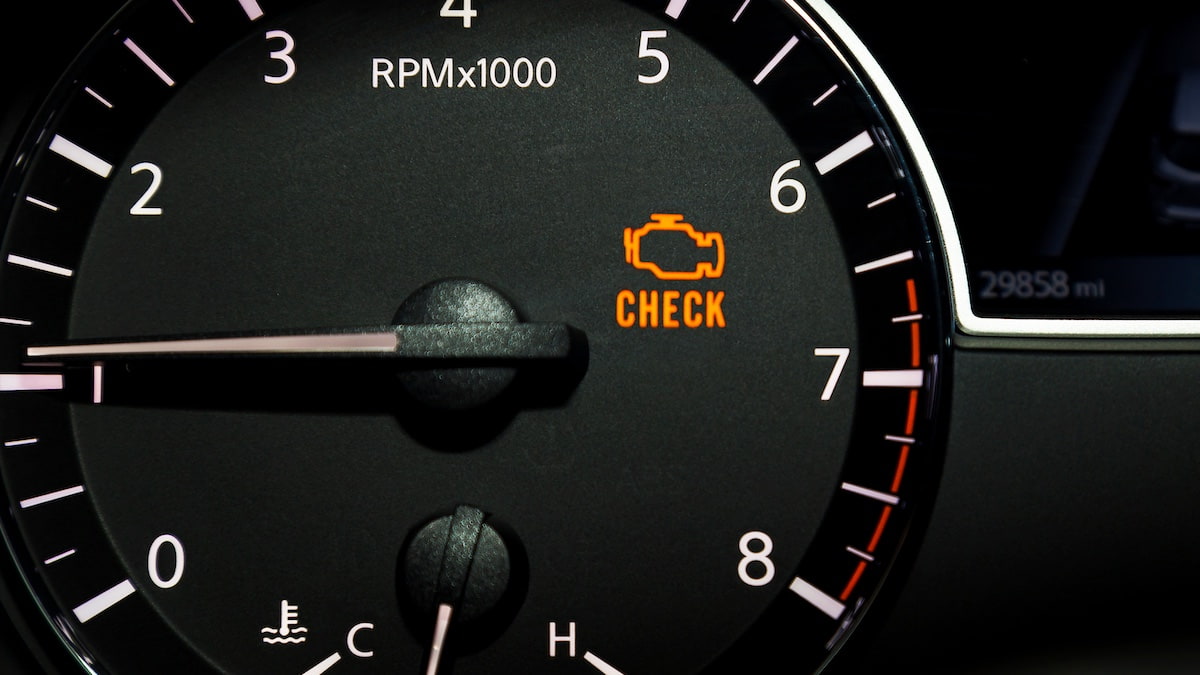The check engine light, also known as the https://www.truthin24.com/ malfunction indicator light (MIL), is a warning light on your dashboard that indicates a problem with your car’s engine or emissions system. The light can come on for a variety of reasons, some of which are more serious than others.
Here are some of the most common reasons why your check engine light might be on:
- Loose or faulty gas cap. This is one of the most common reasons why the check engine light comes on. The gas cap helps to keep gasoline vapors from escaping the fuel tank, and if it’s loose or faulty, it can cause the check engine light to turn on.
- Worn spark plugs or spark plug wires. Spark plugs ignite the fuel-air mixture in your car’s engine, so if they’re worn or damaged, it can cause the check engine light to come on.
- Faulty oxygen sensor. The oxygen sensor measures the amount of oxygen in the exhaust gas, and if it’s faulty, it can cause the check engine light to come on.
- Catalytic converter problems. The catalytic converter helps to reduce emissions from your car’s engine, and if it’s faulty, it can cause the check engine light to come on.
- Mass airflow sensor problems. The mass airflow sensor measures the amount of air entering the engine, and if it’s faulty, it can cause the check engine light to come on.
- Vacuum leak. A vacuum leak can cause the check engine light to come on because it can disrupt the air-fuel ratio in the engine.
- Other problems. There are a number of other problems that can cause the check engine light to come on, such as problems with the fuel injection system, the ignition system, or the engine itself.
If your check engine light is on, it’s important to have it checked by a mechanic as soon as possible. The sooner the problem is diagnosed and repaired, the less likely it is to cause further damage to your car.
Here are some things you can do to help prevent your check engine light from coming on:
- Change your oil and filter regularly.
- Use the correct type of fuel for your car.
- Avoid driving with a low fuel level.
- Have your car tuned up regularly.
- Check your spark plugs and spark plug wires regularly.
- Have your catalytic converter checked regularly.
- Be aware of any unusual noises or smells coming from your car.
By following these tips, you can help to keep your check engine light from coming on and extend the life of your car.
Here are some additional things to keep in mind about the check engine light:
- The check engine light may come on and then go off by itself. This usually means that the problem that caused the light to come on has been fixed. However, it’s still a good idea to have the car checked by a mechanic to make sure.
- The check engine light may flash. This usually means that there is a serious problem with the engine or emissions system. If the check engine light flashes, you should have the car towed to a mechanic immediately.
- The check engine light may be accompanied by other warning lights, such as the low oil pressure light or the overheating light. If you see any other warning lights, you should pull over and turn off the engine immediately.
If your check engine light comes on, don’t ignore it. Have the car checked by a mechanic as soon as possible to prevent further damage to your car

